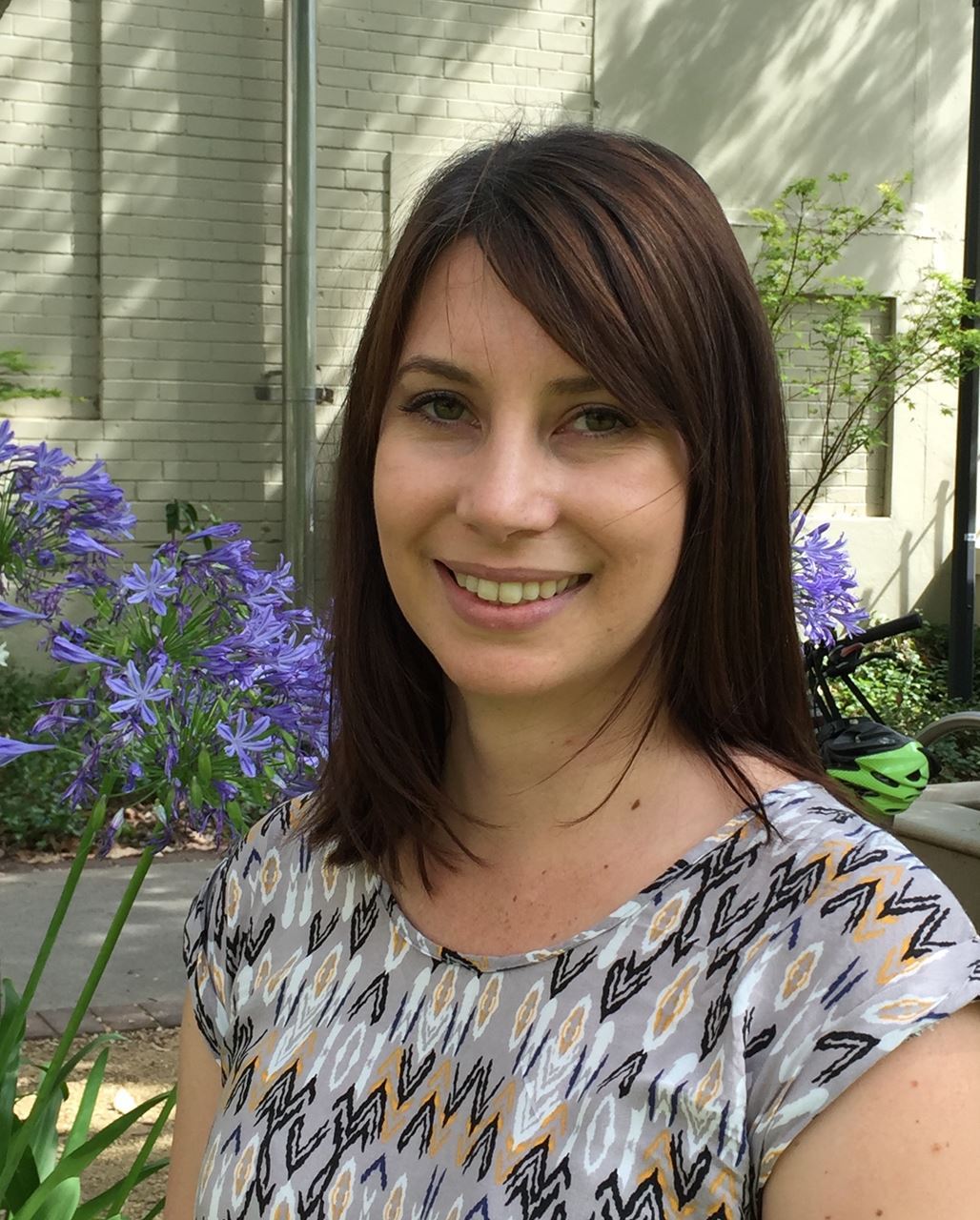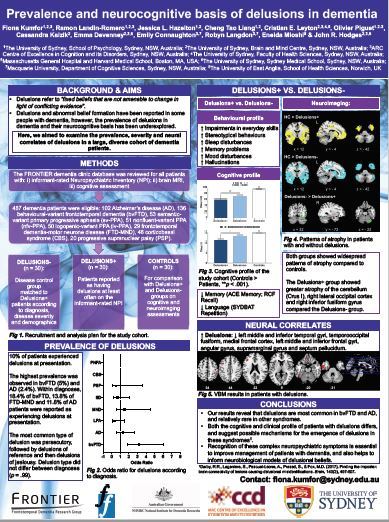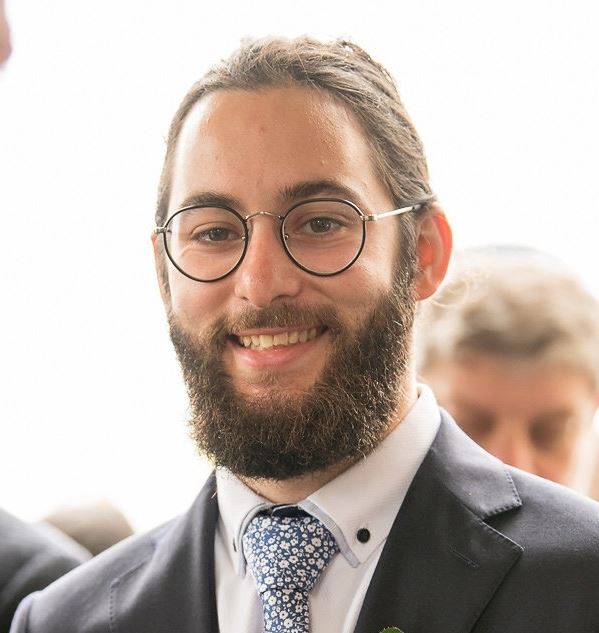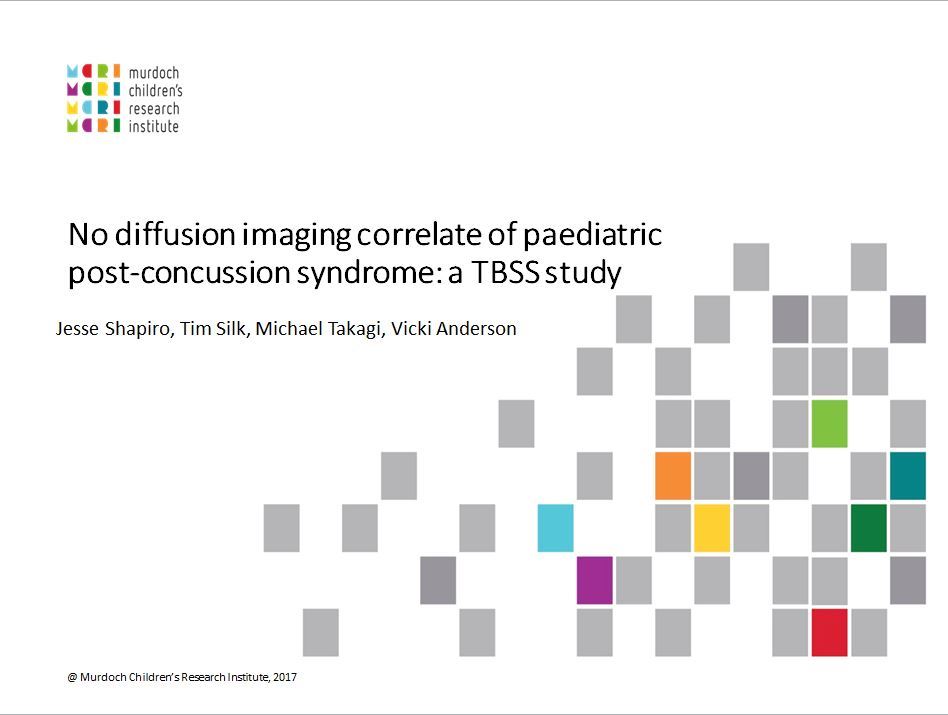 Fiona Kumfor (The University of Sydney) won the NZRA Best Poster Presentation award for her poster presentation entitled: ‘Prevalence and neurocognitive basis of delusions in dementia’
Fiona Kumfor (The University of Sydney) won the NZRA Best Poster Presentation award for her poster presentation entitled: ‘Prevalence and neurocognitive basis of delusions in dementia’
Fiona aimed to examine the prevalence, clinical and cognitive profile of delusions in a large, diverse cohort of dementia patients. Delusions and abnormal belief formation have been reported in some people with dementia, however, the mechanisms causing their emergence are poorly understood.
In the cohort, 48/487 patients (9.9%) had delusions, with the highest prevalence observed in behavioural variant frontotemporal dementia (18.4%) and Alzheimer’s disease (11.8%). A diagnosis of behavioural variant frontotemporal dementia was strongly associated with the presence of delusions (odds ratio = 3.3; p<.001). Comparisons between 30 patients with delusions and 30 matched patients without delusions revealed worse performance on the Addenbrooke’s Cognitive Examination (p=.035), Rey Complex Figure Recall (p=.006), and word repetition (p=.001) in patients with delusions. Notably, the delusions group also had greater impairments in everyday skills (p=.004), stereotypical behaviours (p=.031), sleep disturbances (p=.003), memory problems (p=.012) and mood (p=.017).

Results from the study reveal that delusions are most common in behavioural variant frontotemporal dementia and Alzheimer’s disease, and relatively rare in other syndromes. Both the cognitive and clinical profile of patients with delusions differs, and suggest possible mechanisms for the emergence of delusions in these syndromes. Analyses are underway to examine the neural correlates underpinning delusions in dementia.
Click on the image of the poster to see a full-size version.
Correspondence: Fiona Kumfor; fiona.kumfor@sydney.edu.au

 Jesse Shapiro won the NZRA Best Student Presentation award for his oral presentation entitled: ‘No diffusion imaging correlate of paediatric post-concussion syndrome: a TBSS study’
Jesse Shapiro won the NZRA Best Student Presentation award for his oral presentation entitled: ‘No diffusion imaging correlate of paediatric post-concussion syndrome: a TBSS study’
Jesse works with the Murdoch Children’s Research Institute and School of Psychological Sciences, University of Melbourne, Melbourne, Australia.
His study examined white matter microstructure in a paediatric sample to explore possible associations between white matter integrity and recovery time post-concussion. Post-concussion syndrome (PCS) is a continuation of concussive symptoms beyond the typical recovery period, which is 4 weeks for children and adolescents. The factors that contribute to ongoing symptoms post-concussion are unknown, but the integrity of white matter microstructure has been associated with the development of PCS in adults.
The analysis formed part of the Take CARe study. Forty-three children were recruited from the emergency department of the Royal Children’s Hospital and underwent magnetic resonance imaging and cognitive screening two weeks post-concussion. The Parent PCSI was used to dichotomise participants into “normal” and “delayed” recovery groups. Analysis of TBSS diffusion metrics: fractional anisotropy (FA), mean diffusivity (MD), axial diffusivity (AD), and radial diffusivity (RD) was completed using nonparametric permutation-based analysis with threshold free cluster enhancement.
 No significant difference was found between the normal recovery and delayed recovery groups across all diffusion metrics (p < .05). No significant difference was found on tests of cognition between the normal recovery and delayed recovery groups (p < .05). Two possible explanations for the findings are put forward: that any changes to white matter are too small to be seen by this study, or, the cause of PCS is not structural in nature.
No significant difference was found between the normal recovery and delayed recovery groups across all diffusion metrics (p < .05). No significant difference was found on tests of cognition between the normal recovery and delayed recovery groups (p < .05). Two possible explanations for the findings are put forward: that any changes to white matter are too small to be seen by this study, or, the cause of PCS is not structural in nature.
Jesse did a great job of presenting this work in a way that was understandable and engaging. He also addressed issues within the current evidence-base, and specific study design strategies he used to overcome the limitations.
Correspondence: Jesse Shapiro; jesse.shapiro@unimelb.edu.au